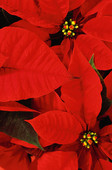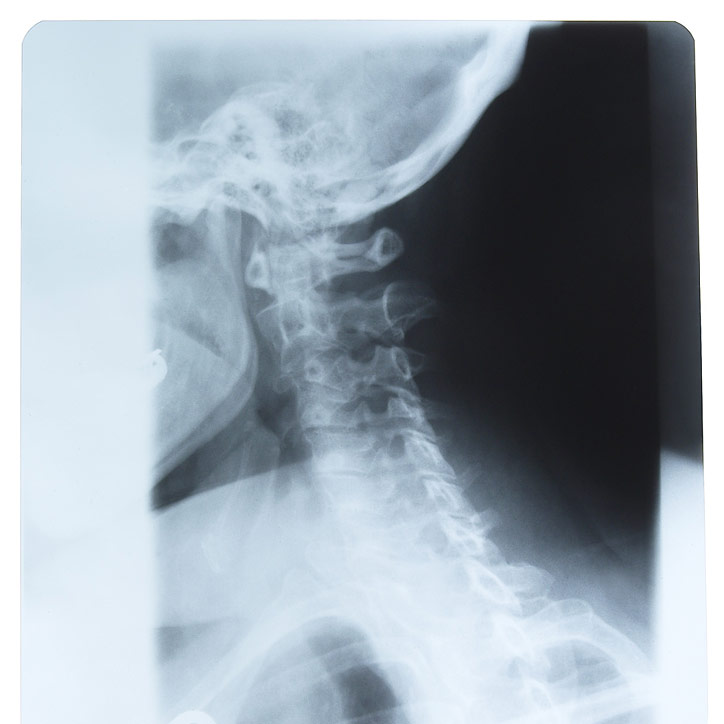
SATURDAY, Dec. 25 (HealthDay News) — For allergy sufferers at holiday time, the best gift of all may be relief from respiratory symptoms, an expert suggests.
Dust from boxes of stored decorations, fresh trees, scented air fresheners, live plants and more can cause all sorts of breathing problems, according to allergist Dr. Joseph Leija, of Gottlieb Memorial Hospital in Melrose Park, Ill. In a news release from Loyola University Health System, he explained that there are ways to avoid decking your halls with sniffles and wheezes.
Leija offers the following tips for keeping your home allergy-free during this festive season:
- Invest in an artificial tree. Real pine trees may smell delightful, but their scents can aggravate breathing problems and the plants may spawn dust and mites. “The water in the tree holder also grows stagnant and collects mold, which is detrimental to those with allergies,” Leija said in the news release.
- Dump the scented candles and home fragrance oils. Those simmering pots of potpourri and scented devices that plug into the wall are not meant for those with allergies. “Far from creating an inviting home, the fragrance aggravates the sinuses and respiratory system so sufferers can’t breathe,” Leija noted.
- Stay away from real poinsettias and fresh flowers. “The moist soil encourages the growth of mold. And if there is mold in your house, you are breathing mold spores,” Leija said. Mold spores can restrict air passageways and cause skin rashes.
- Keep an eye on the level of humidity in your home. It’s fine to use humidifiers to keep your house from getting too dry during the winter, but “get a gauge and keep the humidity no higher than 48 to 50 percent,” Leija advised. “Too much humidity encourages the growth of mold, which triggers allergic reactions.”
- When the holiday season is over, store decorations in large plastic containers instead of cardboard boxes. That will help eliminate dust buildup on your treasured items. Just make sure to dust the containers off during the year.
More information
Learn more about allergies from the American Academy of Family Physicians.

